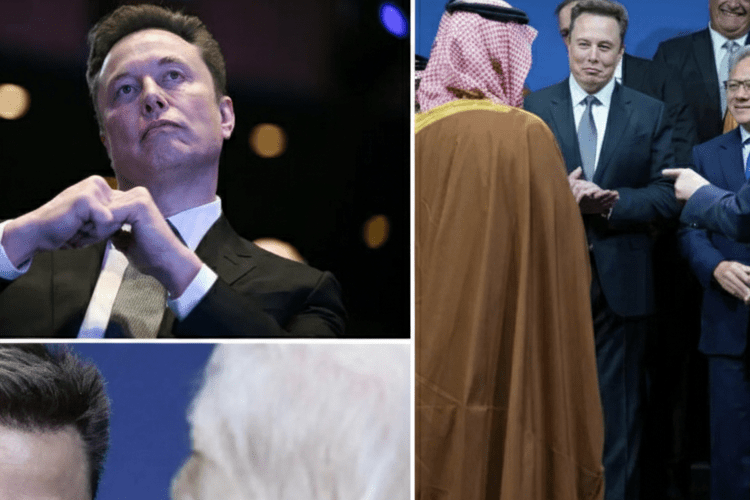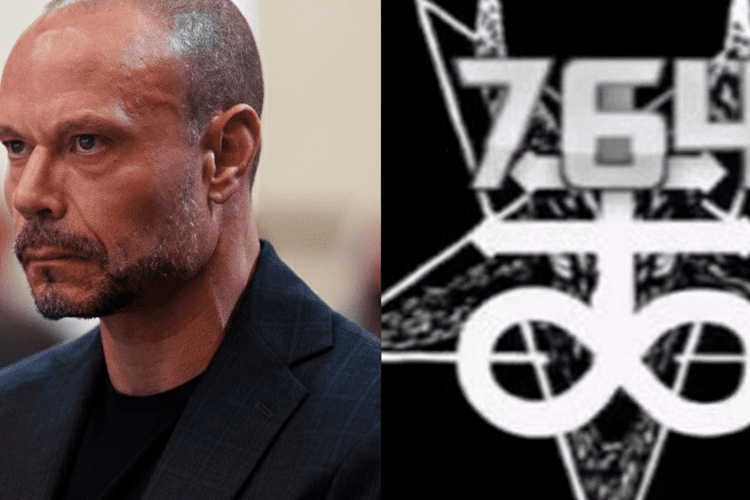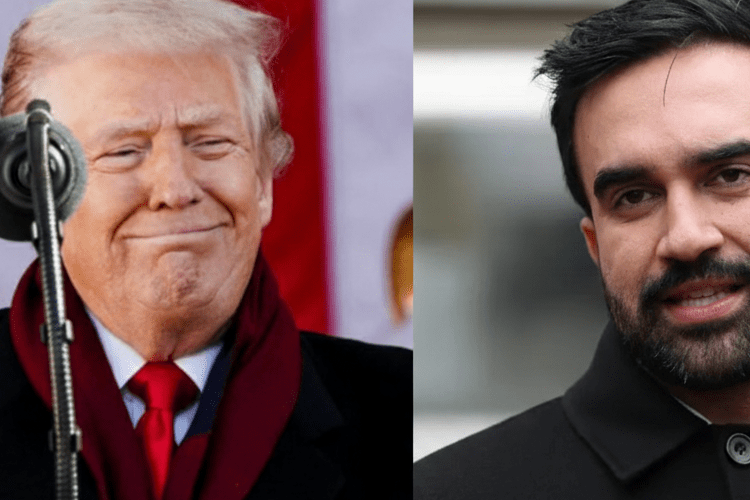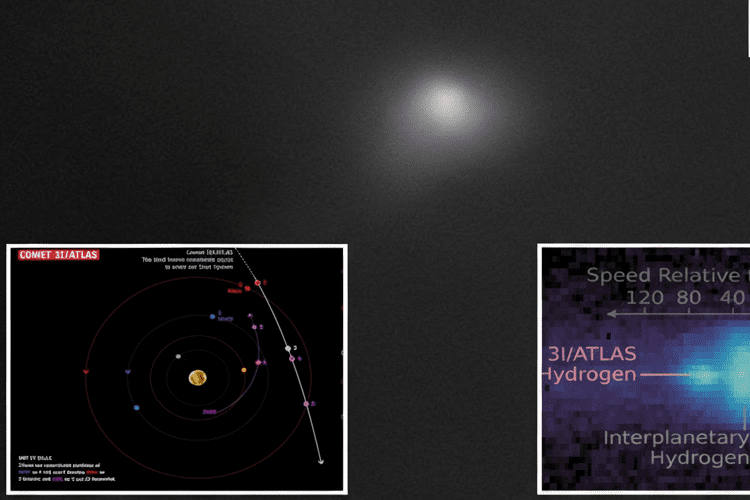From Bitter Tweets to Saudi Smiles: The Secret White House Deals and Oval Office Arm-Taps That Brought Trump and Elon Musk Back from the Brink of All-Out War
In the gilded haze of a Riyadh ballroom, where the scent of saffron and sandalwood mingled with the hum of trillion-dollar deals, President Donald J. Trump turned to the man who had once been his fiercest ally and delivered a line that felt like the punchline to a year-long cosmic joke. “You are so lucky I am with you, Elon,” Trump boomed into the microphone on November 19, 2025, his trademark grin splitting wide as laughter cascaded through the U.S.-Saudi Investment Forum crowd. There, in the front row, sat Elon Musk, the rocket-building visionary whose empire had teetered on the edge of federal fury just months earlier. With a sheepish nod and hands forming a subtle heart shape, Musk absorbed the tease, the tension of their summer scorched-earth spat dissolving like mist under the desert sun. It wasn’t just a quip; it was closure, a public exhale after a feud that had gripped the nation like a blockbuster breakup, pitting the dealmaker-in-chief against the meme-lord mogul in a clash of egos and empires. As the two men shared a brief, brotherly chat post-speech—flanked by Saudi Crown Prince Mohammed bin Salman in a tableau of transatlantic triumph—the world watched a bromance, fractured but not forgotten, stitch itself back together with threads of pragmatism, forgiveness, and unyielding ambition.
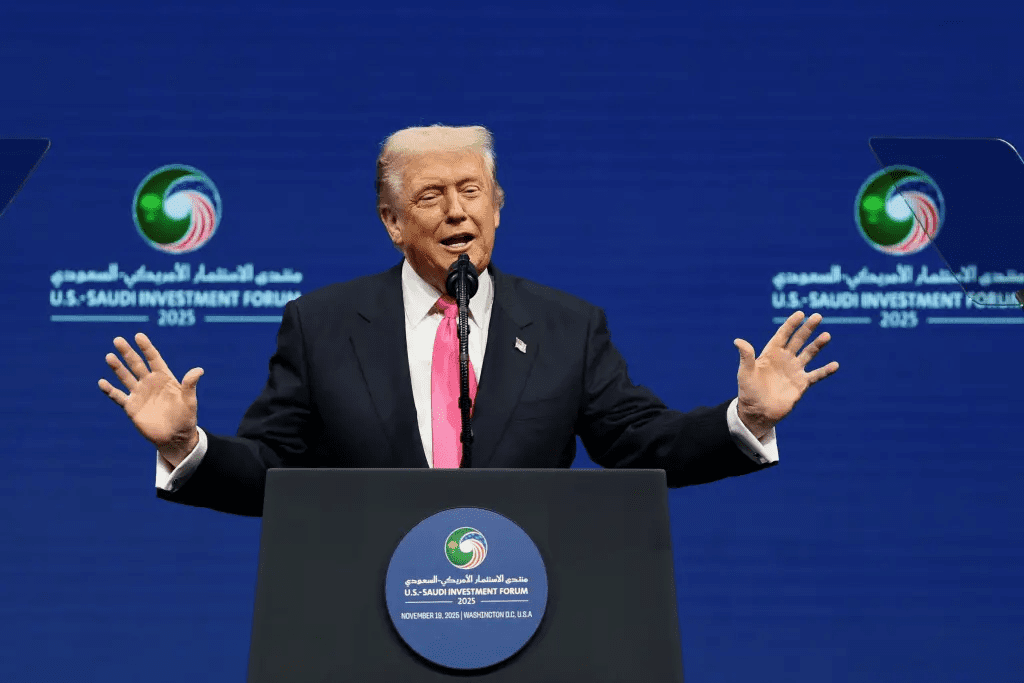
To trace the arc of this reconciliation, one must rewind to the blistering heat of June 2025, when the afterglow of Trump’s landslide 2024 victory had barely faded. Musk, the South African-born disruptor who had funneled a staggering $290 million into Republican coffers and helmed the unpaid Department of Government Efficiency (DOGE) from January to May, had been the election’s secret weapon. His X platform amplified Trump’s border wall rallying cries and transgender sports bans, turning digital dust-ups into viral victories that swung key states. Rallies buzzed with Cybertruck giveaways and Starship cameos, a fusion of Silicon Valley futurism and MAGA muscle that felt unstoppable. But as Trump’s “One Big Beautiful Bill Act” took shape—a sweeping tax-and-spending overhaul slashing levies on tips, overtime, and Social Security benefits to juice the working-class wallet—the harmony cracked. Musk, ever the deficit hawk, decried the bill’s projected $2 trillion add to the debt as “reckless alchemy,” tweeting firestorms that questioned the math behind the magic. Trump, stung by the public swerve, fired back on Truth Social: threats to yank federal contracts from SpaceX and Tesla, the lifeblood of Musk’s $250 billion empire. “Elon can go fund his own rockets,” Trump posted, the words landing like a launchpad explosion.
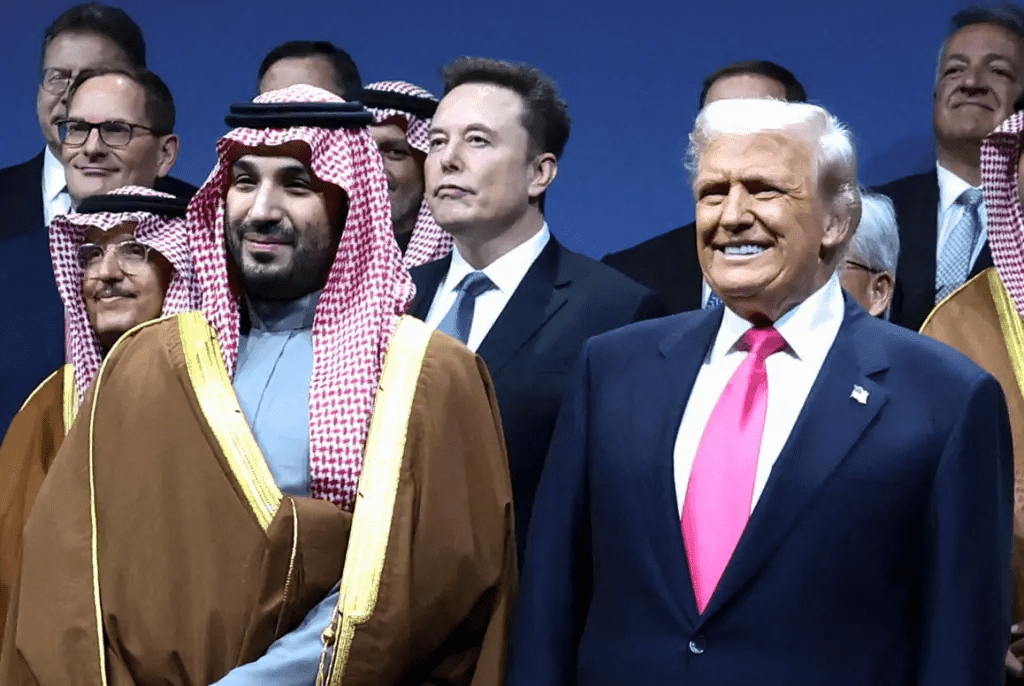
The escalation was swift and savage, a spectacle that transfixed Washington and Wall Street alike. On June 5, Musk lobbed his sharpest grenade, claiming Trump was “incriminated” in the Jeffrey Epstein files and calling for impeachment—a post he deleted hours later amid a fragile detente, but not before screenshots scorched the timeline. Trump, undaunted, leaned into the fray, while Musk, from his Austin lair, vowed on July 5 to birth the America Party, a third-way insurgency aimed at “giving you back your freedom” by siphoning votes from rattled Republicans in the 2026 midterms. The personal barbs flew: Musk branded Sergio Gor, a Trump adviser, a “snake” after Gor spiked the NASA nomination of Jared Isaacman, Musk’s close ally and a onetime Democratic donor whose Polaris Dawn mission had beamed Starlink to the stars. Isaacman’s snub, on May 31, felt like collateral damage in the crossfire, a petty retraction that Musk decried as vindictive theater. Tesla shares wobbled, SpaceX bids stalled, and headlines screamed of a “power duo implosion,” leaving fans—from Tesla faithful in Fremont to Trump die-hards in Des Moines—mourning the lost synergy that had promised to rocket America forward.
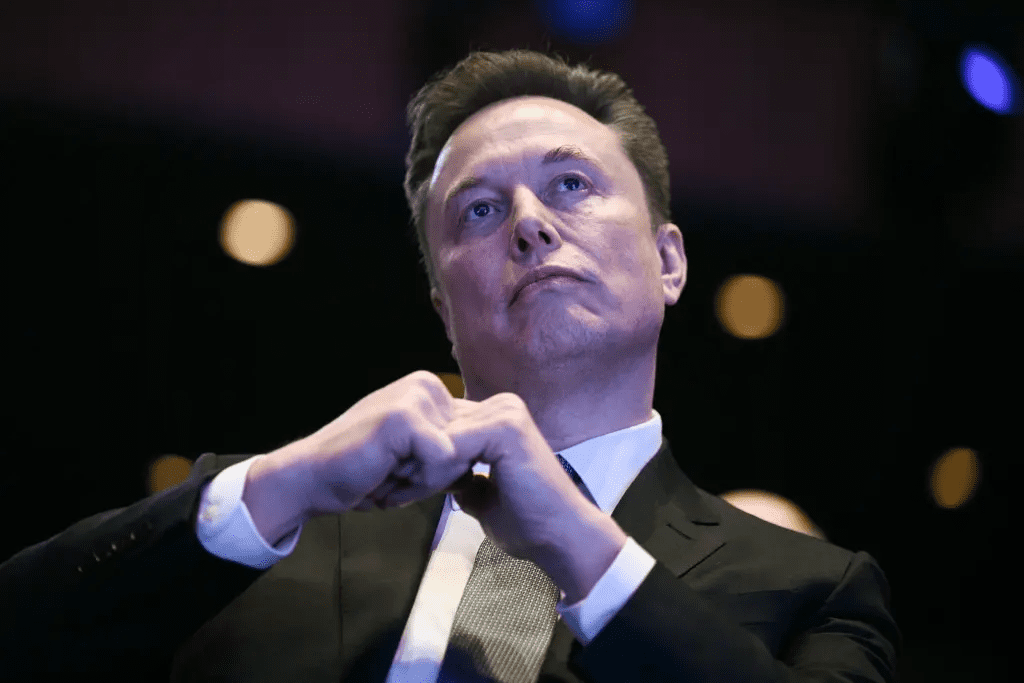
Yet even in the feud’s fever, flickers of fidelity endured, quiet signals that the bond ran deeper than barbs. Their first face-to-face since the blowup came on September 21 at the somber funeral of Charlie Kirk, the Turning Point USA founder whose conservative fire had bridged their worlds. In a sun-baked Arizona chapel, amid eulogies heavy with loss, Trump and Musk shared a handshake—brief, but loaded with the unspoken weight of shared battles. No cameras caught the moment, but insiders whispered of a thaw, a mutual recognition that enmity served no one’s orbit. Behind the scenes, Trump’s inner circle—led by the unflappable White House Chief of Staff Susie Wiles and the cerebral Vice President JD Vance—emerged as the unsung architects of amends. Wiles, the Florida operative whose steady hand had steered Trump’s 2024 ground game, appreciated Musk’s DOGE legacy: the $2 trillion in projected waste slashed, agencies streamlined like a software update. “We didn’t want to lose that edge,” a White House source confided, her bridge-building a masterclass in pragmatic politics—candid calls where Musk vented fiscal fears, and Wiles countered with visions of mutual wins, from AI deregulation to Mars missions on federal fuel.
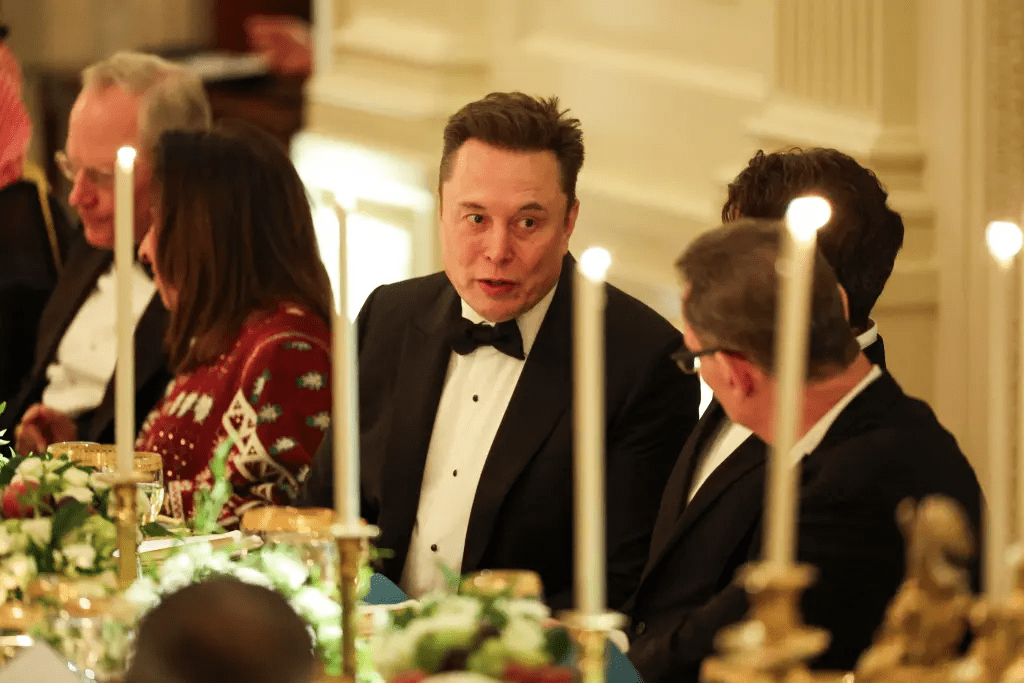
Vance, the Yale-bred hillbilly elegist turned second-in-command, played the intellectual envoy, drawing on his own tech-savvy rapport with Musk to ease the ideological itch. Their private powwows, often late-night Zooms laced with policy wonkery, rebuilt trust brick by uncontroversial brick. And then there was Dan Scavino, the loyalist whose Oval Office perch made him the fixer of fine print. On November 4, Scavino quietly renominated Isaacman to NASA helm—a “life’s mission,” he called it, righting Gor’s wrong as a gesture of goodwill that landed like a soft lunar touchdown. Gor himself got a graceful exit: an November 10 sendoff before his ambassadorial post in India, the chapter closed without further venom. These weren’t grand gestures splashed across front pages; they were the quiet diplomacy of men who knew that in Trump’s world, forgiveness isn’t forgetfulness—it’s fuel for the fight ahead. As one official put it, “They’re friendly now, but not quite friends. The president’s got a long memory, but an even longer reach.”
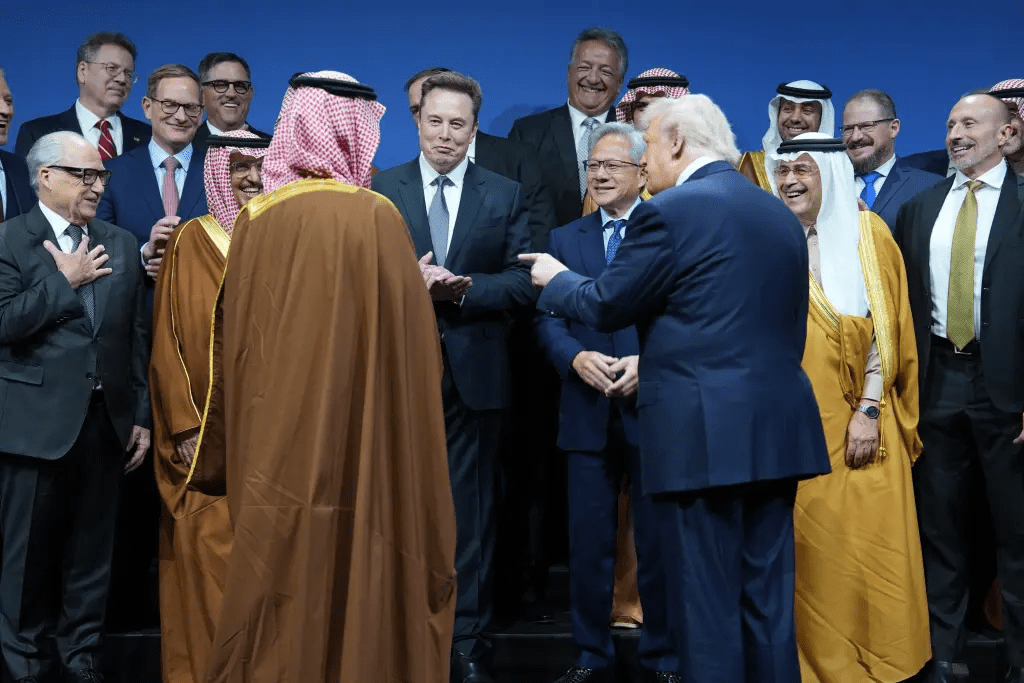
By November, with midterms a year off and the economy humming under the Big Beautiful Bill’s boost—unemployment dipping to 3.8%, manufacturing jobs surging 15%—the stage was set for spectacle. The U.S.-Saudi Investment Forum, Trump’s diplomatic jewel from his first term that had unlocked $450 billion in deals, beckoned as neutral ground. Musk arrived not just as a panelist on AI frontiers alongside Nvidia’s Jensen Huang, but as a guest of honor, his xAI poised for a $500-megawatt data center pact with Saudi’s HUMAIN AI, powered by Nvidia chips. Yet business wasn’t the balm; it was the prelude. The night before the forum’s climax, at a White House state dinner honoring Crown Prince Mohammed bin Salman—MBS to allies—the air crackled with reconciliation’s warmth. Crystal clinked under chandeliers as Trump, in a rare arm-tap of affection, greeted Musk at prime seating. Musk, ever the emoji king, responded with that heart-handed flourish, a non-verbal vow of renewed allegiance that spoke volumes in a room of royals and tycoons.
Come Wednesday, the forum’s business session, Trump owned the podium like a revival preacher, his speech a symphony of swagger and substance. Three shout-outs to Musk punctuated the remarks: first, weaving him into election lore—”I tell people, ‘Don’t talk about it, wait till two weeks before the election and hit the hell out of them, right?’ We talked about that, right, Elon?”—a nod to their 2024 playbook on border chaos and “woke” sports policies that had rallied the base. Then, the policy pivot: touting the Big Beautiful Bill’s crown jewel, a $10,000 annual deduction on auto loan interest for domestic vehicles, phased in post-2024 to supercharge American manufacturing without EV subsidies’ strings. “Buy a nice Tesla, borrow the money—boom, that interest vanishes from your taxes,” Trump riffed, eyes locking on Musk. “You’re so lucky I am with you, Elon. Has he ever thanked me properly?” The hall erupted, Saudis in flowing thobes chuckling alongside suited execs, the jab landing as affection, not arrow. Post-speech, the duo huddled briefly, words lost to the din but body language broadcasting unity: a fist bump, a shared laugh, the kind that mends more than it mocks.
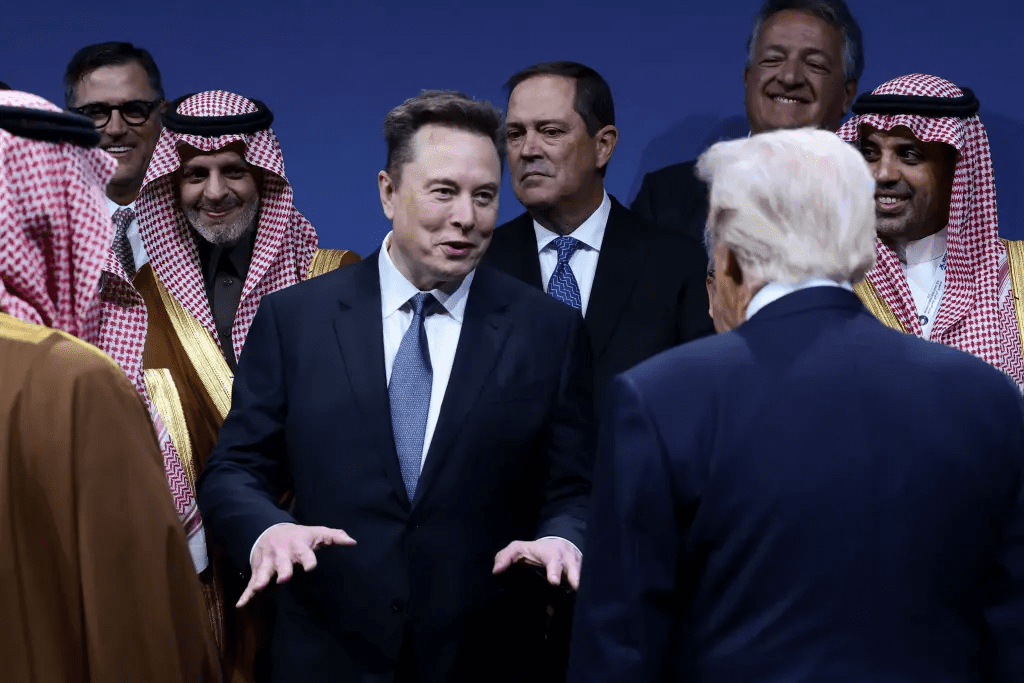
For the MAGA faithful, who had fretted over the fracture like parents watching prodigies drift, this Riyadh redux was redemption pure. On X, the platform Musk had wrested back as a free-speech frontier, clips of the moment racked up 5 million views overnight, memes morphing Trump into a Cybertruck and Musk into a golden SpaceX ticket. “Bromance 2.0: Stronger, faster, higher!” tweeted a veteran from Pennsylvania, his post echoing the quiet gratitude of a base that saw in their reunion a blueprint for boldness—deregulation dreams unfettered, innovation unleashed without Washington’s whims. Even neutrals, those Silicon Valley skeptics who had sided with Musk’s fiscal purism, warmed to the pragmatism: Tesla shares climbed 4% in pre-market, signaling markets’ bet on harmony’s dividends. Insiders marveled at the alchemy—Wiles’ whisper network, Vance’s vision-sharing, Scavino’s surgical fixes—turning toxin into tonic. “Elon’s sincere now,” one aide shared. “It’s not just self-interest; he sees the administration as America’s team, and he’s ready to play ball.”
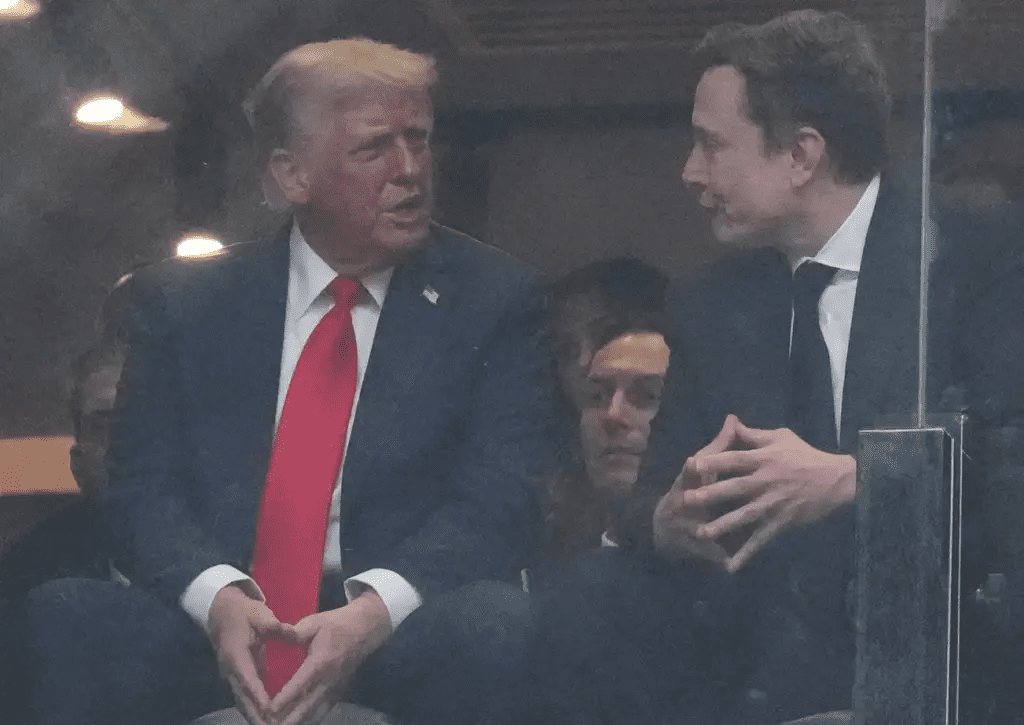
Yet this mended bridge carries the scars of strain, a reminder that titans clash not from weakness, but from the very fire that forges them. Trump, at 79, moves with the vigor of vindication, his second term a canvas for the unfiltered art of governance—tax cuts that put cash in welders’ wallets, energy pacts with MBS that promise $1 trillion in flows, all buoyed by Musk’s orbit without the old intimacy’s risks. Musk, 54 and father to a sprawling brood, emerges wiser, his America Party threat shelved as collaborative overtures take precedence: joint AI ethics councils, streamlined FAA nods for Starship, even whispers of DOGE 2.0 with lighter touches. Theirs is a friendship reforged in the crucible of cooling time, where egos yield to empire-building. As the forum wrapped with fireworks over the Red Sea—announcements of $200 billion in green tech and neural net hubs—the duo’s detente felt like destiny’s nod. For America, tuning in from factory floors to family dens, it was a heart-stirring sight: two unbreakable spirits, once divided, now driving toward a horizon where rockets soar and walls rise, hand in unyielding hand. In the end, feuds fade, but the forward thrust? That’s forever.
